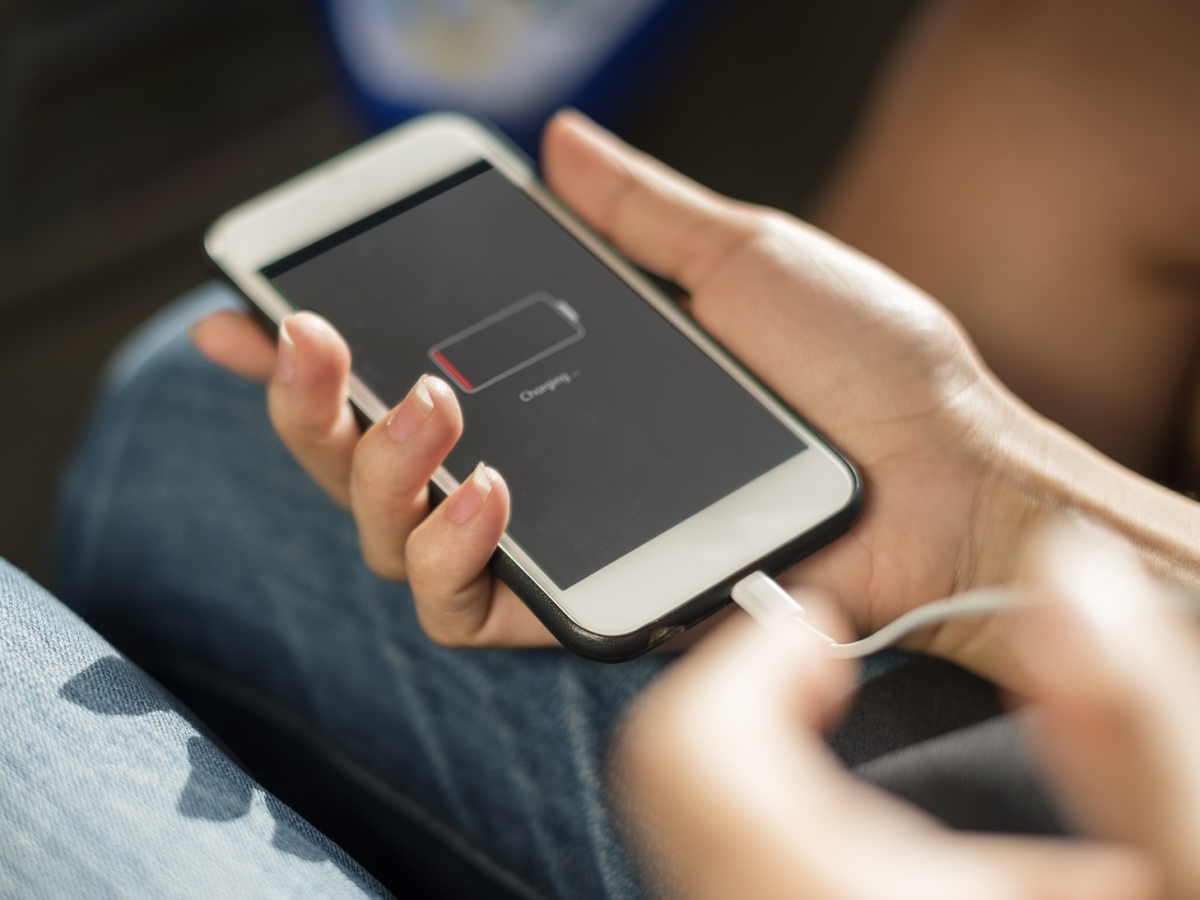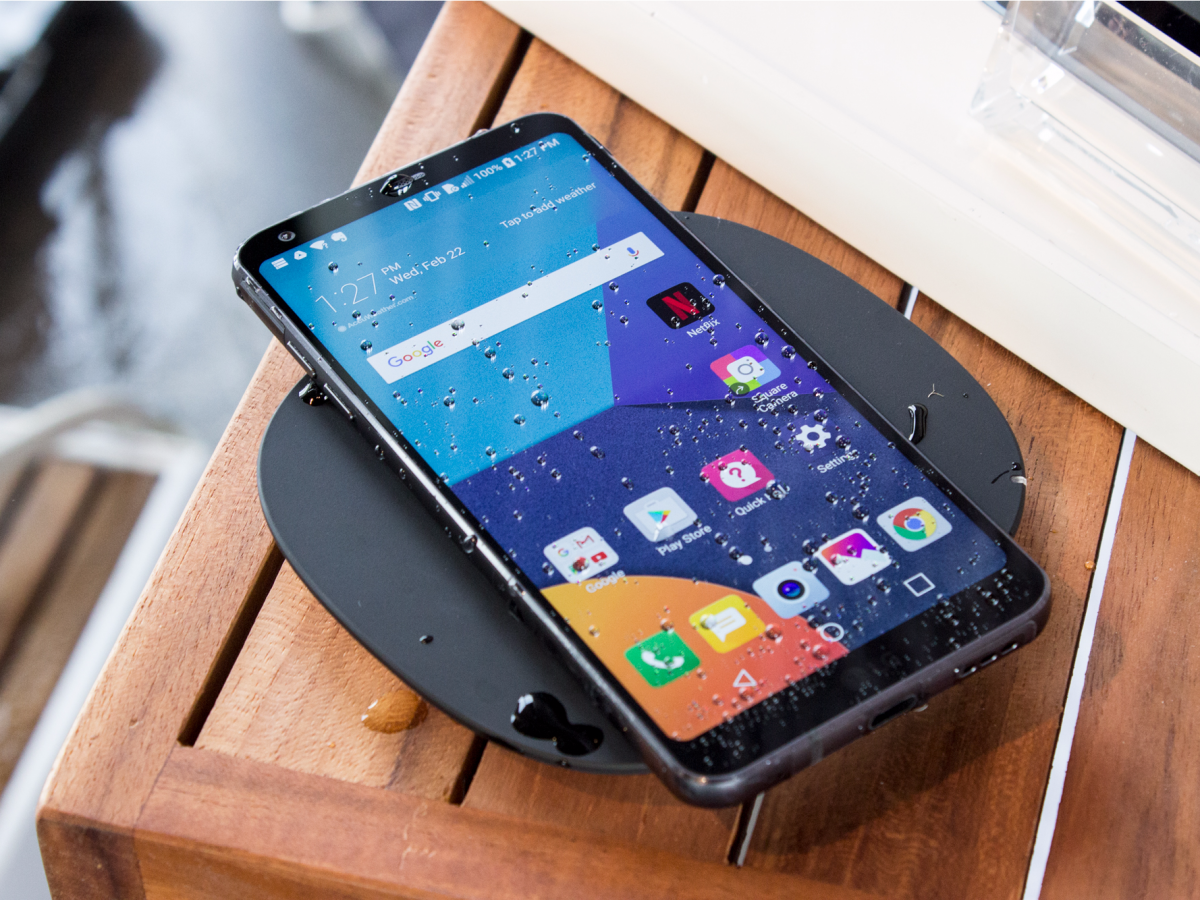

- From our Sponsors -
You may have been hastening the death of your phone’s battery with your charging habits.
Charging to 100%, or overnight? Fully discharging before plugging in? These common practices can shorten the usable life of your battery, according to Cadex, a company that offers devices that test smartphone batteries, among others.
Related: Join Entrepreneurs and Investors at Entrepreneurs Retreat 2018
How to best extend the life of batteries has been a prime topic since Apple disclosed last month that it was slowing down iPhones with degraded batteries to prevent the devices from shutting down unexpectedly.
It turns out that if you want to delay having to replace your battery or buy a new phone, there are specific percentage levels within which you should keep your phone’s battery.
Here’s how to – and how not to – charge your phone.

Just plug it in whenever you can, even if it’s for a few minutes, and you’ll be fine.
“Partial charges cause no harm,” according to Battery University.

Battery University says that so-called deep discharges – when you use your phone until only a small portion of its battery life is left – wear down batteries.
Samsung echoes that advice in a blog post offering tips on how to extend your phone’s battery life.

According to Battery University, the lithium-ion battery in your smartphone will last longest if you keep it 65% to 75% charged at all times.
Clearly, it’s impractical to always keep your phone charge between those levels – but at least you know what’s ideal.

The second-best charge range for batteries inside smartphones is 45% to 75% – probably a lot more realistic for most people on a day-to-day basis than 65% to 75%.
You could even develop a daily routine to plug in your phone at particular times to keep its charge within those levels.
But you have some wiggle room. If you typically keep your phone’s charge level between 25% and 75%, you most likely won’t cause too much long-term damage.

Charging your phone’s battery to 100% from a low 25% – or pretty much any amount – can reduce its capacity and shorten its lifespan.
According to Battery University, lithium-ion batteries do “not need to be fully charged, nor is it desirable to do so.”
“In fact, it is better not to fully charge,” it says, “because a high voltage stresses the battery” and wears it out in the long run.

I’ve seen a lot of debate about the effects of charging your smartphone overnight.
But if charging to 100% causes the most damage to a phone battery’s lifespan, you should probably cut it out.

Author Info:
This article was first published by Antonio Villas-Boas on Business Insider US
Related:
- From our Sponsors -
smartphone phone mobile Apple iOS android battery technology